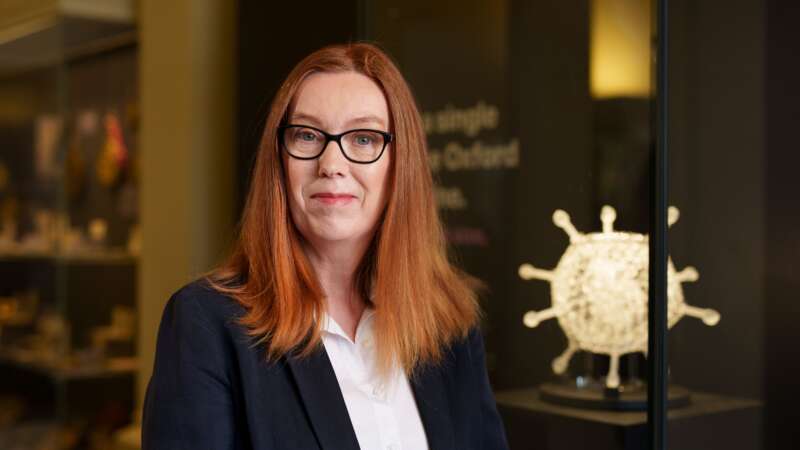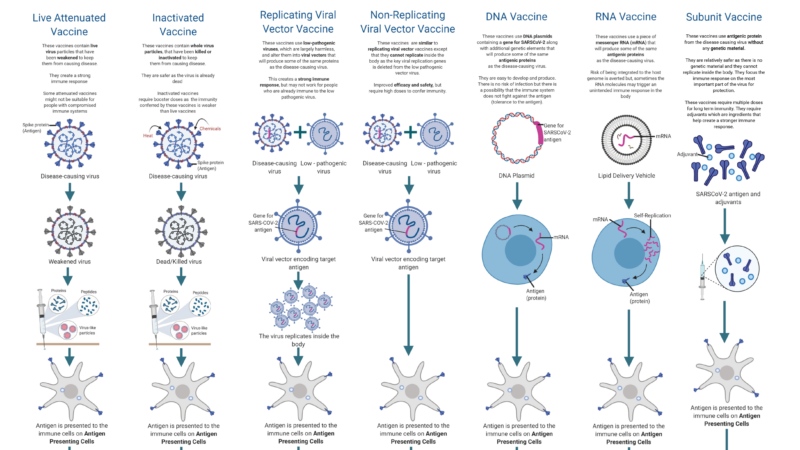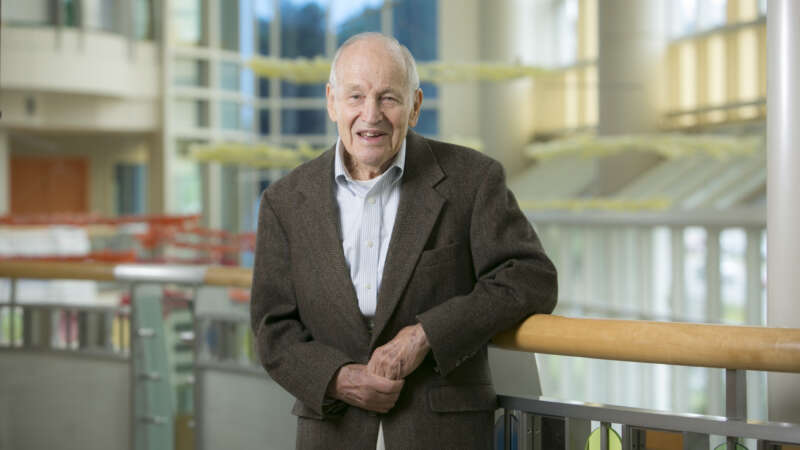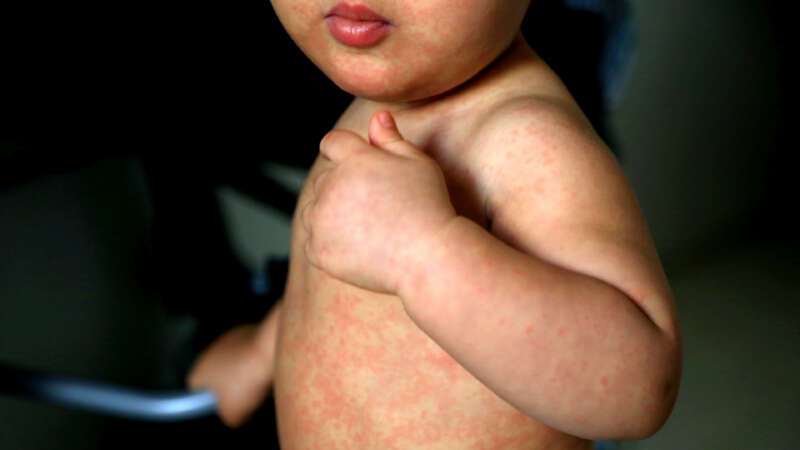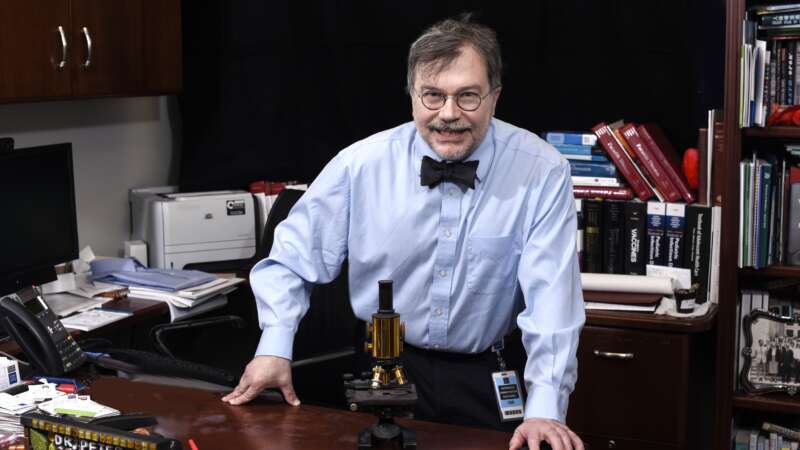vaccines
Dame Sarah Gilbert: The Scientist Who Helped Save Millions of Lives
Dame Sarah Gilbert, Born in April 1962, is a vaccinologist whose groundbreaking work on the Oxford AstraZeneca COVID-19 vaccine has saved millions of lives worldwide.
In 1983, Gilbert graduated with a Bachelor of Science in Biological Sciences from the University of East Anglia. She then pursued a PhD at the University of Hull, focusing her studies on the genetics and biochemistry of the yeast Rhodosporidium toruloides, and earned her doctorate in 1986.
Supercomputer Using AI to Develop Vaccines
A £225m supercomputer is using artificial intelligence (AI) to develop new drugs and vaccines.
When it is fully operational this summer, the Isambard-AI computer in Bristol will be the most powerful supercomputer in the UK.
Last week, Prime Minister Sir Keir Starmer unveiled plans to “unleash AI” across the UK in an effort to boost growth.
Simon McIntosh-Smith, a professor in high-performance computing at Bristol University, said the Isambard-AI meant the UK “genuinely can be competitive with the world”.
A Shining New Age of Vaccines
With vaccines, history repeats itself like music stuck in a loop. On the one hand, advancing technologies create vaccines against a growing list of lethal diseases and conditions. On the other hand, outrageous myths and conspiracy theories compete against science. Familiar and strong emotions run the gamut, from relief when deadly diseases like smallpox are eradicated to anger about perceived dangers to health, governmental overreach and threats to freedom of choice. While religious, commercial, pseudo-scientific and political interests cash in on the confusion, context and meaning are sometimes lost or forgotten. Telling facts apart from misinformation becomes difficult.
Understanding how vaccines are evolving can help better understand both why they are one of medical science’s supreme triumphs and also why the anti-vaccine movement continues to grow and influence so many.
Types of Vaccinations
This infographic from Boston University provides a side-by-side comparison of different types of vaccinations, showcasing their similarities and differences in how they trigger and support the body’s immune response.
Dr. Samuel Katz: The Man Who Helped Conquer Measles
Dr. Samuel Katz made monumental contributions to pediatric health and vaccinations before his passing on October 31, 2022, at the age of 95. His career was proof that one dedicated individual can have a profound impact on global public health.
Born on May 29, 1927, in Manchester, NH, Samuel Katz initially studied journalism at Dartmouth College, but quickly switched to medicine after a stint in the Navy during World War II. Moving on to his medical studies at Harvard Medical School, he was drawn into the world of virology under the tutelage of John Enders, a Nobel Laureate. This collaboration marked the beginning of Katz’s lifelong battle against infectious diseases, which included the development of the measles vaccine.
Europe and the U.S. Battle Measles – Again
Initially, doctors in the Tuzla Canton of the Federation of Bosnia and Herzegovina thought the rash on young Imran’s* stomach could be scarlet fever. Or maybe it was Kawasaki disease. As reported by Eurosurveillance, that was in early December 2023. By Christmas, four of Imran’s preschool classmates had been admitted to the hospital with measles. By mid-January 2024, another epidemiologically linked case – again originally misdiagnosed as the much less contagious scarlet fever – presented in a neighboring canton. Two more quickly followed. Between the last week of December and the middle of February, the Balkan nation had reported 141 new measles cases.
Barts Health Trust’s Dr. David Harrington said the misdiagnoses should not be unexpected.
“Many front-line clinicians won’t have seen measles for several years,” he told Medscape UK. “So good education and training and collaboration between public health and infection specialists with those in primary and emergency care is key.”
Dr. Peter Hotez: Fighting Neglected Diseases, One Shot at a Time
Dr. Peter J. Hotez is a physician-scientist who dedicates his career to fighting neglected tropical diseases and vaccine development. He is the Dean of the National School of Tropical Medicine and a professor at Baylor College of Medicine, where he also serves as the Co-director of the Texas Children’s Center for Vaccine Development (CVD) and the Texas Children’s Hospital Endowed Chair of Tropical Pediatrics.
Dr. Hotez is an internationally recognized expert in his field, leading a team and product development partnership for new vaccines for diseases such as hookworm infection, schistosomiasis, leishmaniasis, Chagas disease, and coronaviruses, which affect millions of people worldwide. He is committed to championing global access to vaccines, including leading efforts to develop a low-cost recombinant protein COVID vaccine resulting in emergency use authorization in India.
